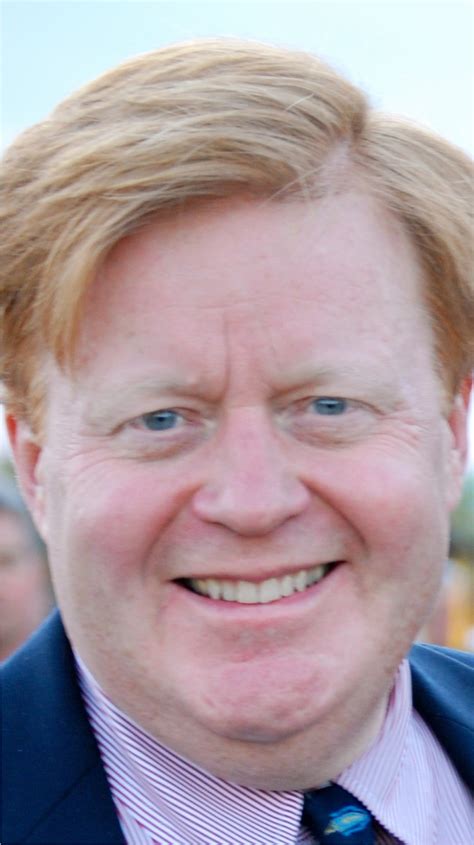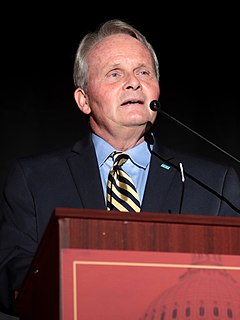A Quote by William Smith White
There are five main purposes of central bank cooperation"..."the provision of international credits and joint efforts to influence asset prices (especially gold and foreign exchange) in circumstances where this might be thought useful.
Related Quotes
When you own gold you're fighting every central bank in the world. That's because gold is a currency that competes with government currencies and has a powerful influence on interest rates and the price of government bonds. And that's why central banks long have tried to suppress the price of gold. Gold is the ticket out of the central banking system, the escape from coercive central bank and government power.
The lesson for Asia is; if you have a central bank, have a floating exchange rate; if you want to have a fixed exchange rate, abolish your central bank and adopt a currency board instead. Either extreme; a fixed exchange rate through a currency board, but no central bank, or a central bank plus truly floating exchange rates; either of those is a tenable arrangement. But a pegged exchange rate with a central bank is a recipe for trouble.
Of all the joint ventures in which we might engage, the most productive, in my view, is educational exchange. I have always had great difficulty-since the initiation of the Fulbright scholarships in 1946-in trying to find the words that would persuasively explain that educational exchange is not merely one of those nice but marginal activities in which we engage in international affairs, but rather, from the standpoint of future world peace and order, probably the most important and potentially rewarding of our foreign-policy activities.
We can tell the general public that the gold and foreign currency reserves of the Central Bank are not designed to finance the economy, but rather to ensure foreign trade turnover. Therefore, we need this level to be able to provide the necessary foreign trade turnover for such an economy as Russia's for a period of at least three months.
That day the U.S. announced that the dollar would be devalued by 10 percent. By switching the yen to a floating exchange rate, the Japanese currency appreciated, and a sufficient realignment in exchange rates was realized. Joint intervention in gold sales to prevent a steep rise in the price of gold, however, was not undertaken. That was a mistake.
Initially, QE contributed to a pretty significant increase in inequality. It raised asset prices, which are owned primarily by the wealthy, while having relatively small if any positive impacts on bank lending, employment, wages or economic growth, so ordinary people haven't had much help. By the third round of QE in 2012-2014, the effects had likely muted quite a bit. There were probably not big impacts on asset prices from QE and the positive effects on employment growth might have strengthened somewhat.
Monetary reform, if it is to be genuine and successful, must sever money and banking from politics. That's why a modern gold standard must have: no central bank; no fixed rations between gold and silver; no bail-outs; no suspension of gold payments or other bank frauds; no monetization of debt; and no inflation of the money supply, all of which have proved so disastrous in the past.































